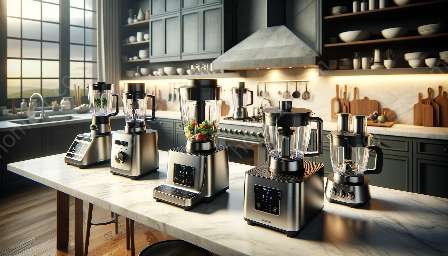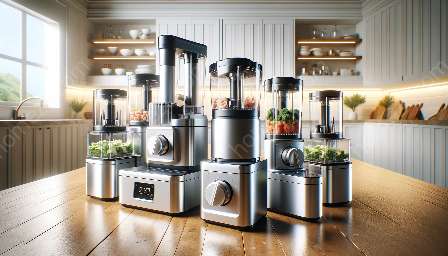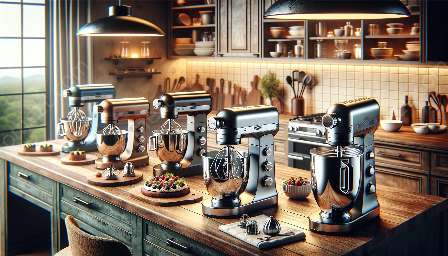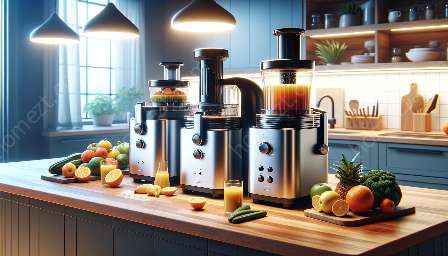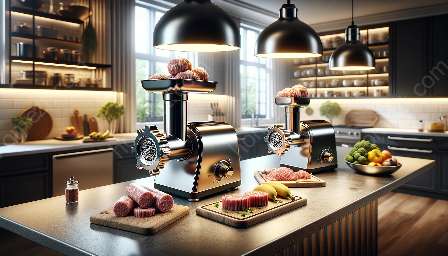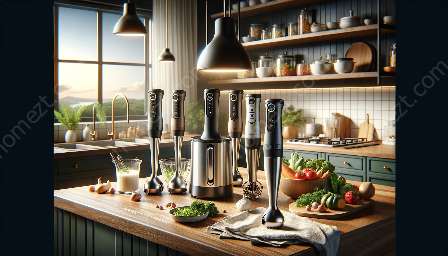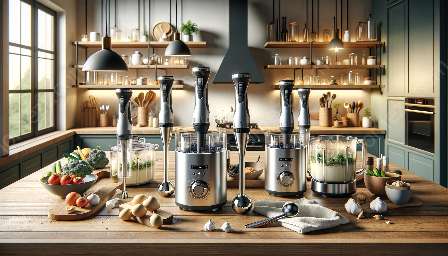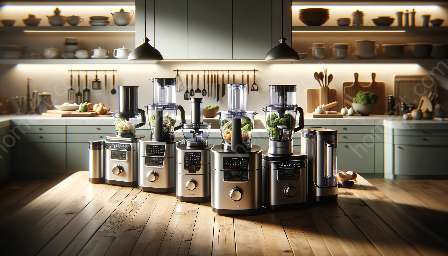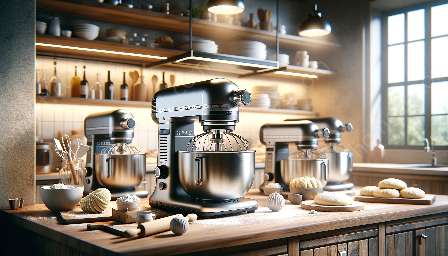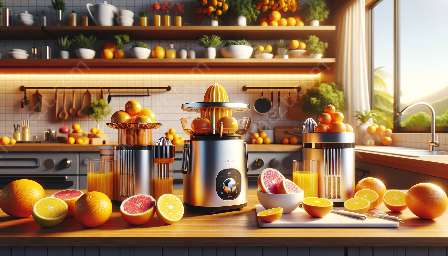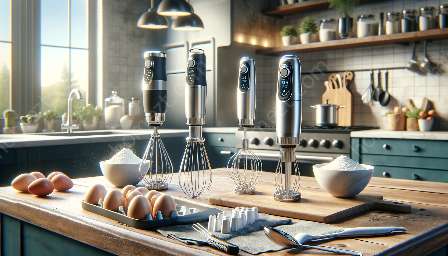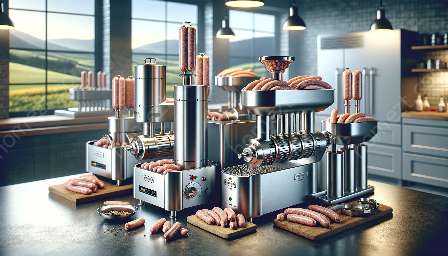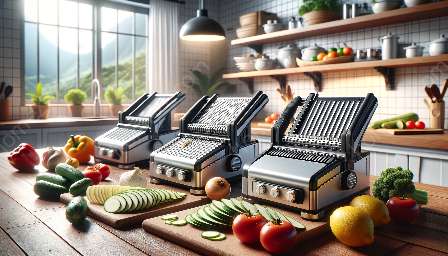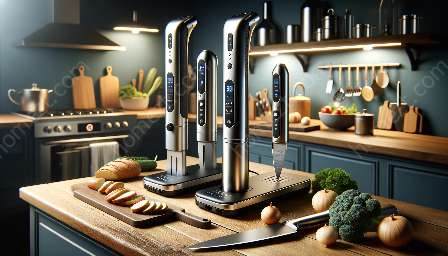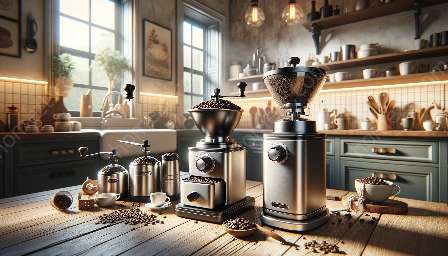Are you an avid baker or someone who frequently engages in culinary experiments at home? If so, you understand the importance of having the right tools in your kitchen. Dough mixers are a vital component of any well-equipped kitchen, providing efficient and effective ways to mix, knead, and prepare dough for various baked goods and dishes.
Understanding Dough Mixers
Before delving into the compatibility of dough mixers with food processors and other home appliances, it's essential to understand the different types of dough mixers and their functionalities. There are various types of dough mixers available on the market, each with unique features and capabilities designed to cater to diverse baking and cooking needs.
1. Stand Mixers: These are the most commonly used type of dough mixers. They are versatile and come with different attachments for mixing, kneading, and whipping, making them suitable for a wide range of recipes. Stand mixers are ideal for large batches of dough and offer hands-free operation, allowing you to multitask in the kitchen.
2. Spiral Mixers: Professional bakers often prefer spiral mixers for their ability to handle large quantities of dough. These mixers utilize a spiral-shaped agitator that mimics the hand-kneading process, resulting in consistent and well-developed dough.
3. Planetary Mixers: Planetary mixers are versatile machines that can handle various mixing and kneading tasks. Their unique mixing action involves the planetary motion of the attachment, ensuring thorough blending and kneading of ingredients.
Compatibility with Food Processors
Food processors are essential kitchen appliances that offer a wide range of functions, including chopping, slicing, shredding, and pureeing. While they are not specifically designed for dough preparation, some high-end food processors come with dough blade attachments that allow them to handle basic dough mixing and kneading tasks. However, it's important to note that food processors lack the robustness and specific features of dedicated dough mixers, making them best suited for small-scale dough preparation or occasional use.
Home Appliances Integration
When considering the compatibility of dough mixers with home appliances, it's important to look at how these devices can integrate seamlessly into a modern kitchen setup. The compact design of many dough mixers allows for easy storage, making them suitable for home use where space may be limited. Additionally, the versatility of dough mixers means they can complement a wide range of other kitchen appliances to facilitate efficient and convenient meal preparation.
Benefits of Using Dough Mixers
Dough mixers offer numerous advantages for both professional bakers and home cooks. Some of the key benefits include:
- Time-Saving: Dough mixers can significantly reduce the time and effort required for kneading and mixing dough, allowing for more efficient production of baked goods.
- Consistent Results: The precision and power of dough mixers ensure that dough is uniformly mixed and developed, leading to consistent and high-quality baked goods.
- Versatility: Many dough mixers come with interchangeable attachments that enable them to perform various tasks, such as making pasta, grinding meat, and whipping cream, adding to their overall versatility in the kitchen.
- Effortless Operation: Modern dough mixers often feature user-friendly controls and ergonomic designs, making them easy and convenient to use for cooks of all skill levels.
Conclusion
As an essential tool for any baking enthusiast or culinary professional, dough mixers play a vital role in the kitchen, offering convenience, efficiency, and versatility. When integrated with food processors and other home appliances, they contribute to a well-rounded and functional culinary workspace. Understanding the features, benefits, and compatibility of dough mixers with other kitchen appliances can help individuals make informed decisions when selecting the right tools to elevate their cooking and baking experiences.

